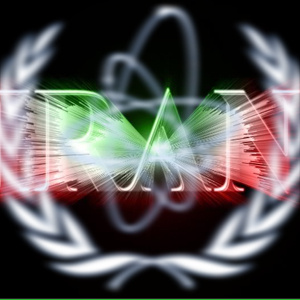After the Tehran Declaration

Yesterday, the 24th of May and one week after the trilateral agreement between Tehran, Ankara and Brasilia, Iran sent a notification letter to Yukia Amano, head of the International Atomic Energy Agency (IAEA), the UN nuclear watchdog.
Through negotiations with Turkey and Brazil, Iran wanted to kill two birds with one stone: solve the problem of the nuclear fuel it needs for Tehran’s research reactor, and build trust with the international community. Iran’s aim was in fact to develop a rigid framework which on the one hand allows it to receive the required highly enriched uranium while on the other removing doubts and pressures over its stock of enriched uranium –something that has turned into a pretext for global powers to increase pressure on Iran.
The nuclear agreement between Iran, Turkey, and Brazil needs the IAEA’s approval to come into effect. Implementation of the Tehran Declaration could end the showdown over Iran’s enriched uranium reserves and secure the fuel needed for the Tehran-based research reactor -which of course, according to the IAEA charter, should have been sold to Iran by the countries in possession of the material.
Nevertheless, it seems that the United States and other world powers are asking for concessions beyond the removal of low-enriched uranium (LEU) stock from Iranian soil. Their ultimate demand –bluntly expressed these days- is a full halt to the enrichment process inside Iran. While after the Tehran Declaration many political observers expected the West to shelve any plans they had for new ‘smart’ sanctions against Iran, the Declaration has conversely pushed forward negotiations with China and Russia to increase pressure on Iran.
Tehran’s duty at the moment is to foil the West’s efforts, and to continue to present the international community an efficient, practical framework based on which it could initiate another round of negotiations with West –or G5+1- and open a new path in the nuclear negotiations. The West, however, is simply drooling over the idea of passing a new resolution against Tehran.
Compared to two weeks ago, the Iran’s nuclear situation has now become more complex. The chances of a new UN resolution will wane if Iran, Turkey, and Brazil pursue more serious efforts in bringing other non-permanent members of the UN Security Council on board. A new face-off between Iran and the G5+1 is apparently looming, and Iran will gain a remarkable victory if it forestalls the approval of a new resolution against it. The Americans, on the other hand, will neutralize the Tehran Declaration and undermine diplomacy if they manage to convince other UNSC members to support a new resolution.
Hossein Alayi is a university professor and military analyst.

